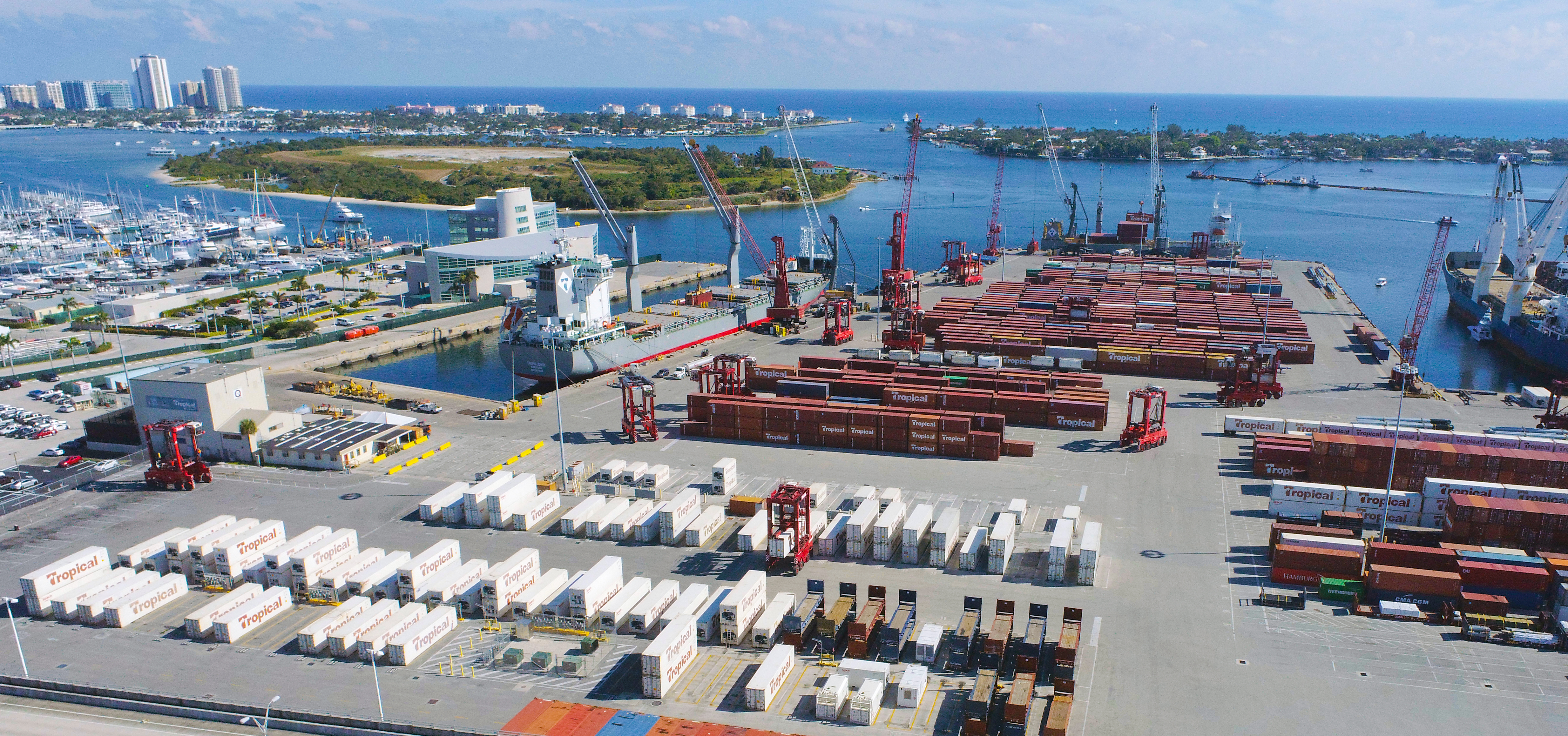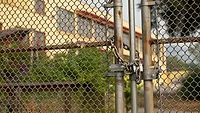Port of Palm Beach implements training to prevent human trafficking

The Port of Palm Beach implemented human trafficking prevention training for its employees. The training focuses on teaching employees how to identify human trafficking victims and how to get them help.
The Florida port has partnered with the nonprofit organization Businesses Ending Slavery and Trafficking (BEST) to train employees on human trafficking prevention in observance of Human Trafficking Awareness Month.
The online, video-based training program is called Ports to Freedom, and is specifically designed for the maritime industry. The Port of Palm Beach is the third seaport in the United States to begin using this new human trafficking prevention training.
“We are proud to be the first seaport in Florida to adopt the Ports to Freedom training. I believe it shows our commitment to safety and security. The more our employees learn how to identify and report a potential human trafficking situation, the better chance there is of saving a life,” said Port Executive Director Manuel Almira.
Seaports can be a key location for identifying people who are victims of human trafficking, so it’s essential that employees working at ports are properly trained in what to watch for. Ports to Freedom will help Port of Palm Beach employees learn how to recognize the behaviors that can indicate human trafficking and how to safely report it.
Victims of human trafficking can include women, men, and children who are subjected to sexual exploitation or forced labor through the use of force, fraud, or coercion.
When labor trafficking victims are stuck on maritime vessels, they can be forced to work long hours, compelled to extend their contracts, be paid less than they agreed to work for, or their wages can be withheld entirely. Often, the only opportunity these victims have to seek help is when a ship is docked at port.
Sex trafficking can also take place at port facilities or onboard ships when seafarers participate in commercial sexual exploitation, either while ships are at dock, or at sea.
Both forms of human trafficking—labor trafficking and sex trafficking—can be thwarted when seaport employees are properly trained and know how to spot the warning signs of human trafficking.
Florida currently has the third largest number of human trafficking cases reported in the nation, and in 2019 there were 896 cases from Florida reported to the National Human Trafficking Hotline. Raising awareness about human trafficking can help more victims get an opportunity to escape their exploiters. Increasing awareness at seaports starts with having a well-trained workforce who know what to watch for.
The Port of Palm Beach is providing this training because it supports the human trafficking prevention efforts of the Department of Transportation (DOT) who has launched a national pledge program against human trafficking, asking transportation leaders to commit to helping end human trafficking. Seaports that sign the pledge are committing to train employees to recognize and report the signs of human trafficking. So far, more than 200 transportation groups—including the Port of Palm Beach—have joined the DOT’s pledge. Providing Ports to Freedom training is helping the Port of Palm Beach align with the DOT’s priorities.
Looking for a reprint of this article?
From high-res PDFs to custom plaques, order your copy today!







